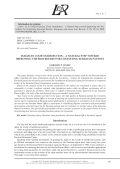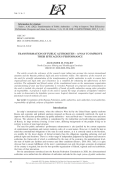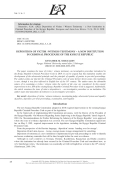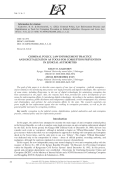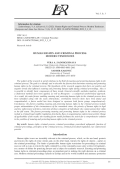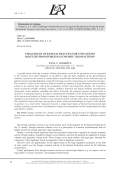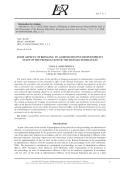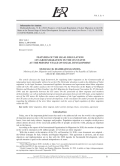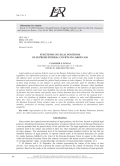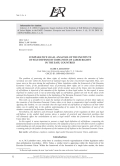Legal positions of supreme federal courts in the Russian Federation have a direct effect on the labor legislation, law enforcement practices, as well as the subject and method of labor law. Certain forms of this influence have not been studied by the science of labor law until recently that results in unlocked theoretical and practical potential for judicial legal positions on labor disputes. To discover the influence of these legal positions on the industry in general, their main functions shall be identified. Through philosophical, general-theoretical and special juridical analysis of academic literature, labor legislation, law enforcement practices, and international legal acts the attributes of the functions of legal positions of supreme federal courts have been identified, the relevant definition has been articulated, the structure of functions has been shown, and specific types of these functions have been discovered. The theoretical structures worked out during the research can be applied in practice as well. On the national level - to solve the problems of platform employment, to ensure a balance in unity and differentiation in labor law, and to improve the mechanism for social partnership. On the international level - for the Eurasian Economic Union member states to solve the problems associated with human resources mobility, protection of working migrants, social partnership, introduction of international labor standards.
